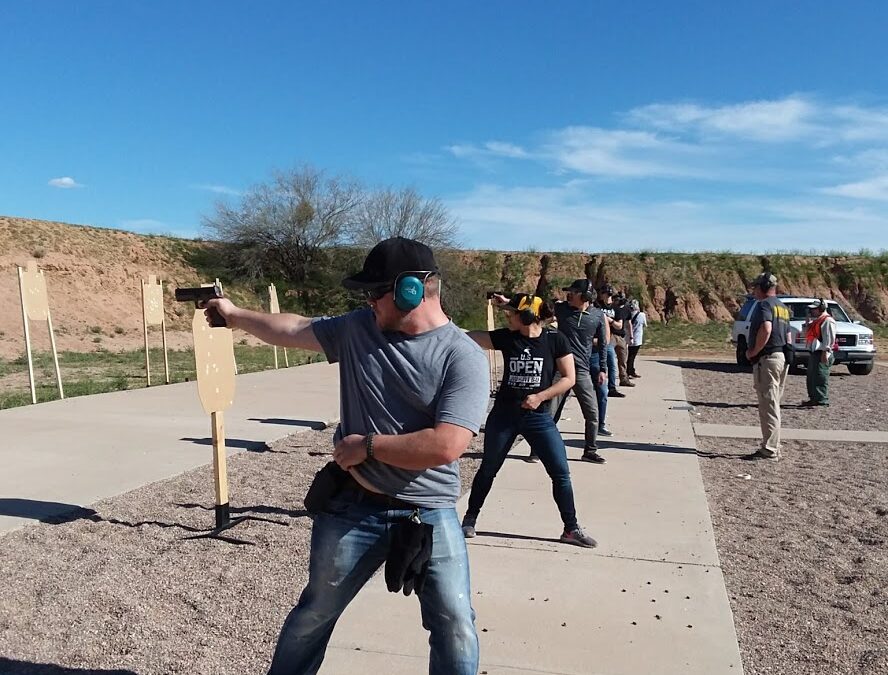“I’ve been around guns since I was a kid.”
Firearms instructors hear this everyday when we ask people about their firearms experience. It doesn’t tell us much. But we continue to ask this vague question.
“What is your experience with guns?”
Although this question does open doors for discussion, it is probably not the best way to get a feel for a customer’s training needs.
Some of the answers are:
“I’ve been around guns since I was a kid.” or “I was trained in the military.”
I’ve been around food all my life, but I am not a great cook – definitely not a Chef. There are a few things I have the skill to prepare and many that I do not. I know a great deal more about cooking than my skills will allow me to successfully accomplish. For example, I have seen a pie crust made one-thousand times, but I am never successful in making one. That’s because knowledge and skill are not the same thing.
Like any martial art, gun skills are perishable. Technology and advancements in efficiencies and effectiveness impact the way gun skills are taught and applied. The firearms training I received in the military many years ago is nothing like the skills I use and teach today.
Due to osmosis through friends, family, hollywood, former training years ago, and the internet, many gun owners have a level of knowledge (a lot of it mythical), about guns in general and shooting, that far exceeds their skill with the gun.
This is why training is so important. Training doesn’t just impact what you know, it requires you to perform the associated skills. Can you move to cover while mitigating a malfunction or reloading? We’ve seen John Wick do it and it looks pretty straightforward. Most people cannot do it – even in the least stressful environment possible. You must train and train continuously.
The idea supporting continuous firearms training is to marry knowledge and skill into a combination of safe handling, rapid decision-making, mindset, efficiency, and effectiveness. It requires introspection, accepting critique, and a willingness to progress.
The questions I ask now are, “When was the last time you took a training class and how often do you go to the range?”
The answers to these questions tell me a lot more about what your training needs are. If you ask yourself those questions right now, you will immediately know what your training needs are.
If you have not been to a course or to the range in more than 3 months, you need to find a course on the fundamentals and make sure you are solid on those perishable skills.
If you are solid on the fundamentals, what about your decision-making processes under stress? Are you 100% confident you will make the right decisions in defense of your life? Can you displace laterally or horizontally, or shoot from compromised positions? Can you shoot, move, and communicate?
If you are solid on those, what about your marksmanship? Are you 100% confident you will not shoot an innocent person if you engage a violent person in defense of your life?
Continuous training is commitment to an ethos that is so important to gun owners.


Recent Comments